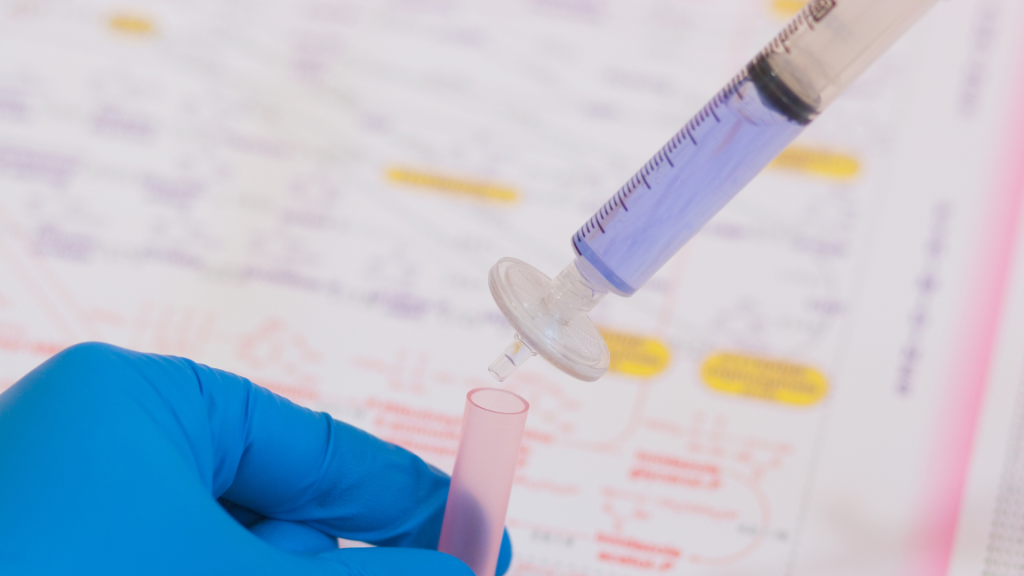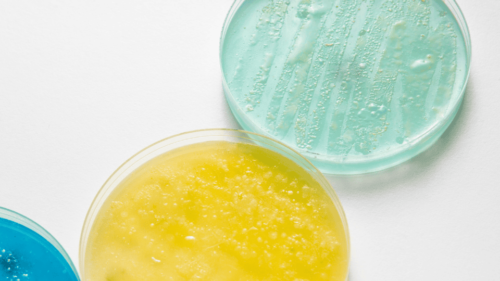In a laboratory, accuracy and cleanliness are crucial. Ensuring that samples are free of contaminants is crucial for obtaining reliable findings. Syringe filters might be useful in this situation. These little but significant devices are critical for preserving sample integrity, avoiding contamination, and assuring the reproducibility of experimental results. In this detailed article, we will look at why syringe filters are important for reliable laboratory findings, their numerous uses, and the benefits they offer.
Understanding Syringe Filters
Syringe filters are single-use membrane-based filters that are affixed to the end of a syringe. They eliminate particulates, bacteria, and other impurities from liquids before to examination. Syringe filters are available in a variety of sizes, pore diameters, and materials to accommodate varied applications and sample types.
Application of Syringe Filters
- Pharmaceutical Research: Sustaining sample purity is crucial for quality control and medication development in pharmaceutical labs. Syringe filters remove particles and bacteria from liquid samples, ensuring that the results are accurate and dependable. Particulates and bacteria are eliminated from liquid samples using syringe filters, guaranteeing precise and trustworthy results.
- Biological Research: To filter cell culture medium, eliminate impurities from protein solutions, and prepare samples for high-performance liquid chromatography (HPLC) and gas chromatography (GC), syringe filters are essential in biological research.
- Environmental Testing: To prepare samples for investigation of soil extracts, water quality, and other environmental matrices, syringe filters are utilised. By doing this, it is ensured that there are no particles in the samples that might affect the outcome.
- Food and Beverage Testing: Syringe filters are used in the food and beverage sector to analyse the safety and quality of goods. They provide precise and reliable findings by eliminating particles and microbes from liquid samples.
Benefits of Using Syringe Filters
- Preventing Contamination: Syringe filters act as a barrier to contaminants, preventing them from entering the sample. This is crucial for maintaining the purity of the sample and ensuring that the results are not compromised by extraneous particles or microorganisms.
- Improving Accuracy: By removing particulates and other impurities, syringe filters help in obtaining more precise and accurate results. This is particularly important in analytical techniques such as HPLC and GC, where the presence of contaminants can significantly affect the outcome.
- Protecting Equipment: Syringe filters protect sensitive laboratory equipment, such as chromatographs and spectrometers, from damage caused by particulate matter. This not only extends the lifespan of the equipment but also reduces maintenance costs and downtime.
- Enhancing Reproducibility: Consistent use of syringe filters ensures that samples are uniformly filtered, leading to more reproducible results. This is vital for scientific research, where reproducibility is a key aspect of validating findings.
- Simplifying Sample Preparation: Syringe filters provide a quick and efficient method for preparing samples, saving time and effort in the laboratory. This allows researchers to focus more on their experiments and less on the tedious process of sample preparation.
Choosing The Right Syringe Filters
Selecting the appropriate syringe filter for your application is crucial. Factors to consider include:
- Pore Size: The pore size of the filter should be chosen based on the size of the particles you need to remove. Common pore sizes range from 0.2 micrometres to 0.45 micrometres.
- Material: The filter membrane material should be compatible with the sample being filtered. Common materials include nylon, PTFE, PVDF, and cellulose acetate.
- Diameter: The diameter of the filter should match the volume of the sample. Smaller diameters are suitable for low-volume samples, while larger diameters are better for filtering larger volumes.
For high-quality syringe filters that meet your laboratory needs, visit GVS Malaysia. Our extensive range of syringe filters ensures that you can find the perfect match for your specific application.
Conclusion
Syringe filters are essential instruments for every type of laboratory. They are essential for preserving the integrity of the sample, avoiding contamination, and guaranteeing precise and trustworthy findings. Scientists may improve experimental results, safeguard equipment, and expedite processes by using high-quality syringe filters. To achieve success in laboratory research, it is important to comprehend the significance of syringe filters and select the appropriate ones for your requirements.



